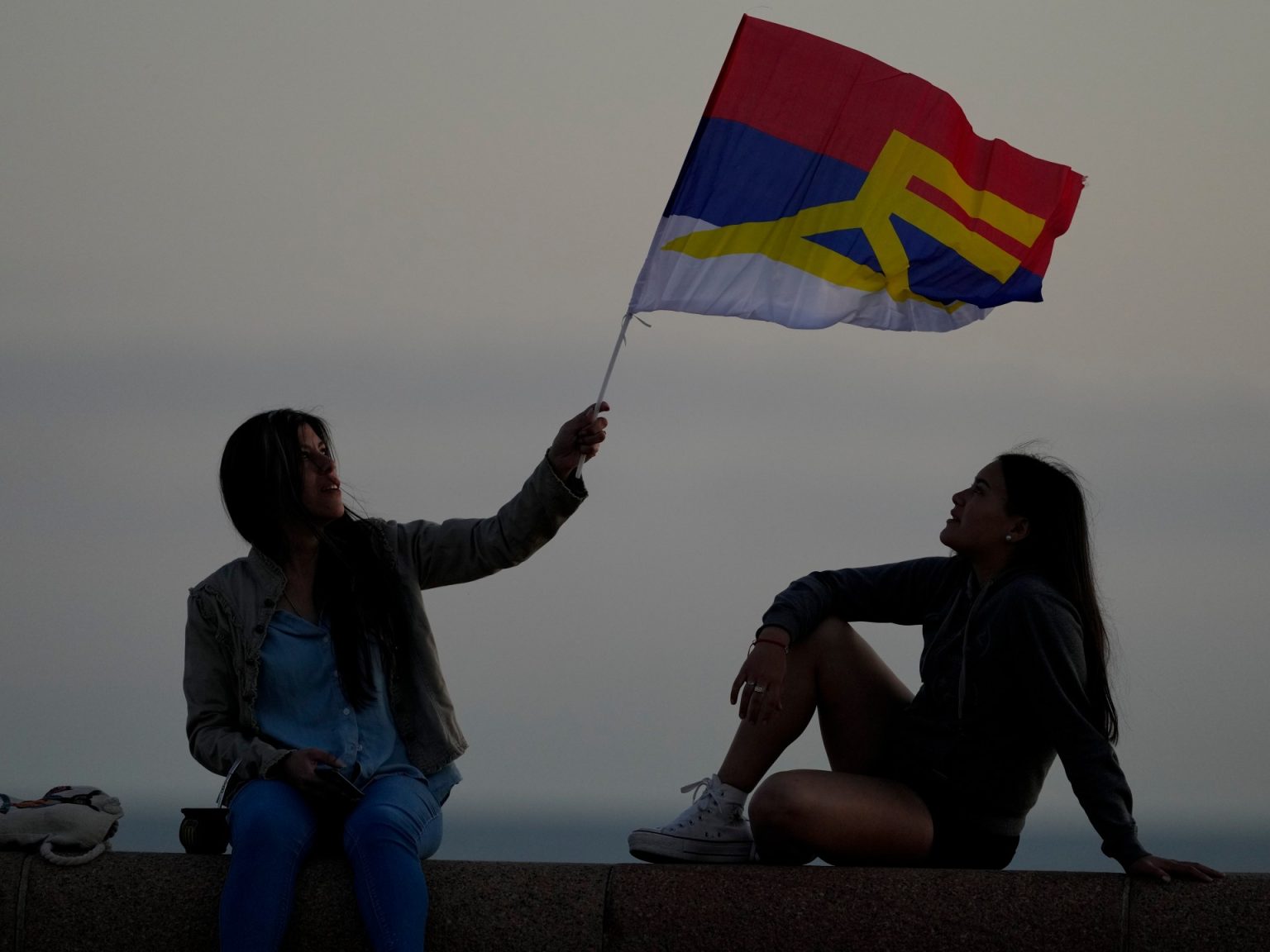In Uruguay, the recent presidential election has resulted in a likely run-off next month between a leftist history teacher, Yamandu Orsi, and a centre-right veterinarian, Alvaro Delgado. Orsi, representing the centre-left Frente Amplio party, received 43.2 percent of the vote, while Delgado of the Partido Nacional received 28 percent, according to estimates by Equipos Consultores. Andres Ojeda, a lawyer likened to Argentina’s President Javier Milei, placed third with 15.5-16 percent. Pre-election polling had indicated that no candidate would secure more than 50 percent of the vote. The country also voted on referendums to lower the retirement age and remove restrictions on police nighttime raids, which early exit polls showed were likely rejected by voters.
The election in Uruguay marks a departure from the sharp right-left divisions prevalent in other Latin American countries like Argentina, Brazil, and Mexico. The main presidential candidates in Uruguay overlap significantly in their policies, reflecting a more moderate political landscape. President Luis Lacalle Pou of Partido Nacional has a 50 percent approval rating, reflecting relative satisfaction among the electorate. The ruling conservative coalition, however, has faced challenges in addressing concerns around rising violent crime, particularly related to drug trafficking. This issue has been a significant concern for voters, despite positive trends in employment and wages.
Lacalle Pou, who is unable to run for a second term due to constitutional limitations, has been succeeded in the election by the likely candidates for the run-off, Orsi and Delgado. Orsi’s potential victory would represent a shift towards the left after five years of conservative rule in Uruguay. He is seen as a protege of former rebel-turned-president Jose “Pepe” Mujica, who has been active in the campaign despite his health challenges. Mujica, now 89 and battling cancer, made a wheelchair-bound appearance to cast his vote in Montevideo, underscoring his continued influence in Uruguayan politics.
The election signals a notable trend of political moderation and relative stability in Uruguay, contrasted with the polarized dynamics seen in neighboring countries. Despite the potential for a change in leadership towards the left, the country’s electorate has generally expressed satisfaction with the government’s overall performance. However, challenges around crime and public safety remain prominent issues for voters, highlighting the ongoing need for effective policies to address these concerns. The final outcome of the election will determine the future direction of Uruguay’s political landscape and the extent to which it continues to diverge from regional trends.
Overall, the Uruguayan presidential election has resulted in a run-off between a leftist history teacher and a centre-right veterinarian, reflecting a more moderate political landscape compared to other Latin American countries. Both candidates offer overlapping policies, and voter concerns around rising crime have been central to the campaign. The potential shift towards the left, represented by Orsi, would signify a change from conservative rule under Lacalle Pou. Despite challenges, Uruguay’s electorate has generally been satisfied with the government’s performance, but ongoing issues around crime persist as key concerns for voters. The election outcome will determine the future trajectory of Uruguay’s politics and its divergence from regional trends.


